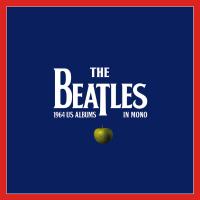|
Aug 01, 2024
|
Dec 06, 2024
|
Nov 13, 2012
|
Nov 26, 2012
|
Nov 25, 2012
|
Nov 18, 2012















